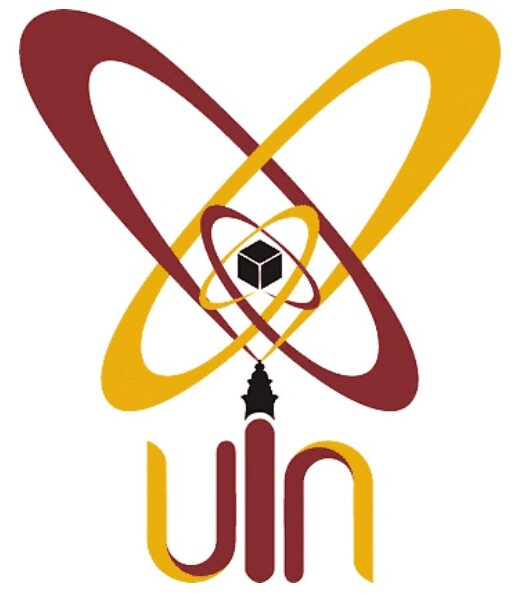When we hear the word “madrasa,” different images might come to mind, often shaped by our cultural backgrounds, media, or personal experiences. However, the term “madrasa meaning” carries a rich history and profound significance that extends far beyond its common associations.
What does Madrasa mean?
At its core, the word madrasa (Arabic: مدرسة) simply means “school” or “place of learning” in Arabic. It originates from the root word darasa, meaning “to study” or “to learn.” While it often refers to institutions focused on Islamic education, the concept of madrasas historically included a wide range of subjects, including mathematics, astronomy, medicine, philosophy, and the arts.
A Brief History of Madrasas
Madrasas have been an integral part of the Islamic world for over a millennium. During the medieval period, they were centers of intellectual growth, playing a crucial role in the preservation and advancement of global knowledge. Institutions like Al-Qarawiyyin in Morocco (founded in 859) and Al-Azhar in Egypt (established in 970) are among the world’s oldest continuously operating universities, demonstrating the deep roots of madrasa education.
Curriculum and Structure
Traditional madrasas typically focus on a curriculum known as Dars-e-Nizami, which includes:
Theology and Religious Studies – Quran, Hadith (Prophetic traditions), Fiqh (Islamic jurisprudence), and Tafsir (Quranic exegesis).
Logic and Philosophy – Understanding human reasoning and classical philosophy.
Grammar and Linguistics – Arabic language, grammar, and literature.
Mathematics and Astronomy – Often included in classical madrasas as part of a well-rounded education.
Modern Madrasa Meaning: Adapting to the Times
Today, madrasas vary widely in their educational approaches. Some remain deeply rooted in traditional Islamic teachings, while others have evolved into modern institutions offering a diverse range of subjects, from the sciences to the humanities, alongside religious education. In many regions, they serve as crucial community institutions, providing free education to millions of underprivileged students.
Challenges and Misconceptions
Despite their historical significance, madrasas have faced challenges in recent decades, often caught in the crossfire of political narratives. Many misconceptions exist about these institutions, particularly in Western discourse, where they are sometimes portrayed narrowly as breeding grounds for extremism. However, this view overlooks the vast majority of madrasas that focus on spiritual, moral, and academic education.
Conclusion: A Legacy of Learning
Madrasas have been a cornerstone of education for centuries, fostering critical thinking, moral growth, and scholarly pursuits. As we look to the future, understanding the true meaning and history of madrasas can help bridge cultural gaps and recognize their ongoing contributions to global knowledge.6t

